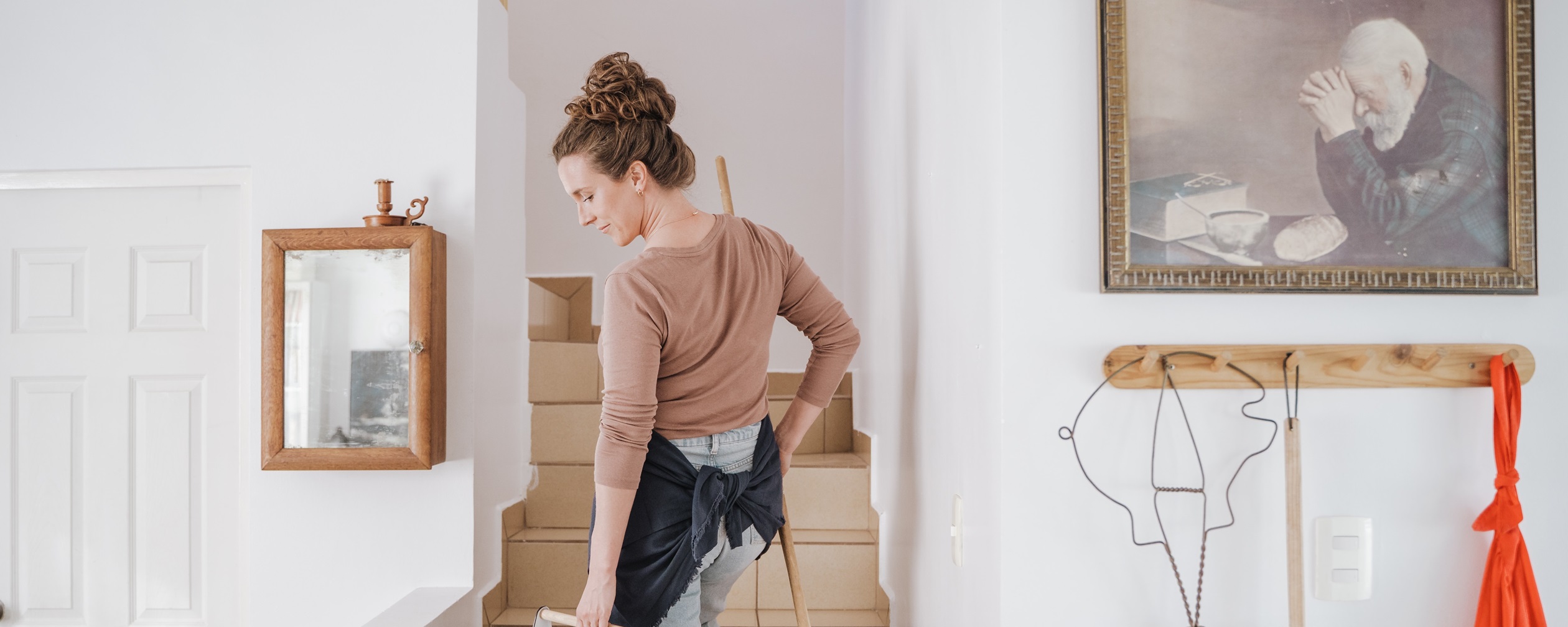
Thanks to the warmer climate, more spiders are expected to venture indoors this autumn, with ‘Spider season’ now in full swing.
As households across the country are bracing for more frequent encounters with these eight-legged visitors, Helen Nyul, the Group Head of Biodiversity at Barratt, is reassuring the public that there are in fact some benefits to letting spiders stay in our homes.
As households across the country are bracing for more frequent encounters with these eight-legged visitors, Helen Nyul, the Group Head of Biodiversity at Barratt, is reassuring the public that there are in fact some benefits to letting spiders stay in our homes.
Key Takeaways
Spiders eat other insects: helping control populations and prevent diseases.
Rare attacks on humans: Most house spiders won’t harm you.
Spiders benefit gardens: They’re natural pest controllers.
Good luck superstition: Having spiders is considered lucky.
1. Spiders eat other insects
Spiders eat other insects such as flies, moths, and earwigs. You might not see it, but spiders actually do more good rather than harm, so having them in the corner of your living room might not be that bad. By eating other insects, spiders keep the population in check - this can also help with the spread of diseases.
2. It is very rare for spiders to attack humans
Only a few spiders attack humans, but mostly house spiders just like to come in and set up a home in the corner of a room, so if it is the attack itself that is the heightened worry, then rest assured. If you do not annoy or aggravate them, they won’t hurt you.
3. Spiders help your garden
Spiders are great helpers when it comes to gardens and house plants. Rather than relying on pest control or chemicals, allow spiders to eat the pests organically. Not only will your garden be grateful, but you will also have no man-made ingredients tampering with your garden.
4. Spiders are a sign of good luck, apparently
Many cultures believe that allowing a spider to run around the house is a sign of good luck and money. According to humansandnature.org, they say that various sources have claimed that “If you want to live and thrive, let the spider run alive.”
Thankfully, the invasion normally only lasts until the first week of October so try not to worry too much.
However, for those who are particularly anxious about being invaded by these creepy crawlies this September, Helen has shared a range of methods to remove or prevent spiders from coming into your home safely and naturally.
7 ways to naturally keep spiders at bay
However, for those who are particularly anxious about being invaded by these creepy crawlies this September, Helen has shared a range of methods to remove or prevent spiders from coming into your home safely and naturally.
1. Avoid clutter
Spiders love hiding amongst clutter so keep your house as tidy as possible. Vacuum and dust regularly and keep things stored away properly. The key is to ensure these little critters have nowhere to hide.
2. Let the light in
Keep curtains open and blinds up during the day as spiders love dark places. Spiders are also fans of the damp, so make sure nothing wet is left on floors, and ensure good airflow throughout the home.
3. Ignore advice about conkers
Many people believe putting conkers in the home will deter spiders but sadly, there is no real evidence to suggest this works. Perhaps it is time to ditch the conkers and try alternatives.
4. Use essential oils
Spiders are known for having a strong sense of smell. Smells that are known to deter spiders include tea tree, rose, cinnamon, citrus, peppermint, citronella, and lavender. You can try spraying things like window sills and skirting boards with a mixture of essential oils and water to keep them at bay.
5. Use a cup to remove unwanted spiders
Never kill a spider. If you want to remove it safely, use the old cup and paper trick. If you do not have a cup or paper to hand, then use a jar. Pop the spider safely outside.
6. Seal any cracks
Seal up any holes and gaps in your home that spiders may use to gain entry. This also goes for open windows and doors - if you leave them open for long periods then you may be inviting spiders in.
7. Trim any foliage near the house
If you have foliage and plants close to your home, spiders could potentially hide in them. To avoid spiders sneaking into your home make sure you trim back any foliage nearby.
Ready to find your new home? Explore our range of brand-new homes designed for modern living.
Our Sales Advisers are on hand to guide you through your homebuying journey.
